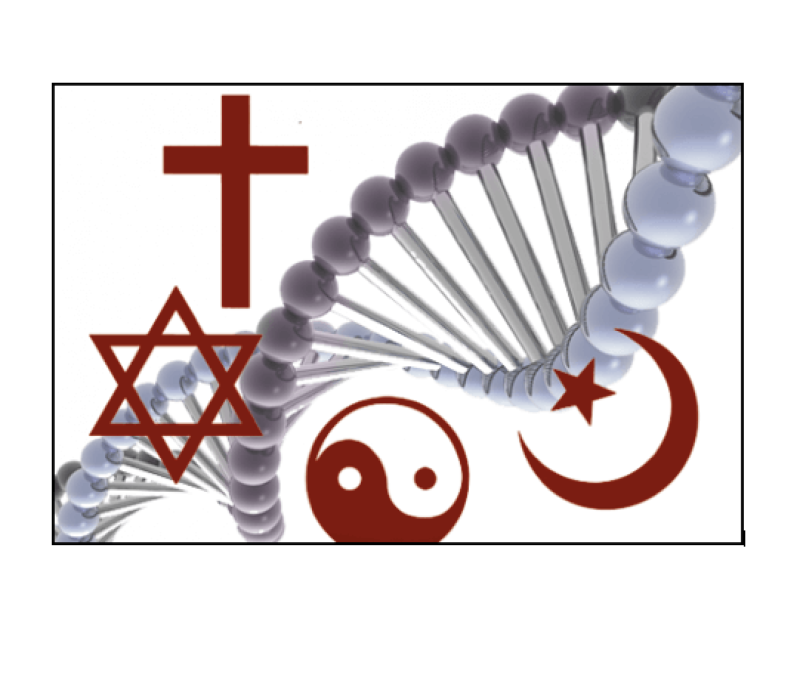The GLP aggregated and excerpted this blog/article to reflect the diversity of news, opinion and analysis.
Religiosity is moderately heritable—25 to 45 percent according to twin studies (Bouchard, 2004; Lewis and Bates, 2013). These figures are of course underestimates, since any noise in the data gets classified as ‘non-genetic’ variability. So the estimates would be higher if we could measure religiosity better.
But what does it mean to be religious? Does it mean adhering to a single organized religion with a clergy, a place of worship, and a standardized creed? This definition works fairly well in the Christian and Muslim worlds, but not so well farther afield. In East Asia, people often have more than one faith tradition: “If one religion is good, two are better.” Moreover, ‘religion’ has never controlled East Asian societies to the extent that Christianity and Islam have controlled theirs, as Francis Fukuyama notes in The Origins of Political Order. This word becomes even more problematic in simple societies. Did hunter-gatherers have religion?
Simple hunter-gatherers had no idea that a moral God exists. Nor did they see morality as being absolute or universal. A human action could be good or bad, depending on who was doing what to whom. Morality could not be separated from kinship. Your first moral obligation was to yourself, then to your family, then to your close kin. Beyond, who cares?
Read full, original post: The Fellowship Instinct































